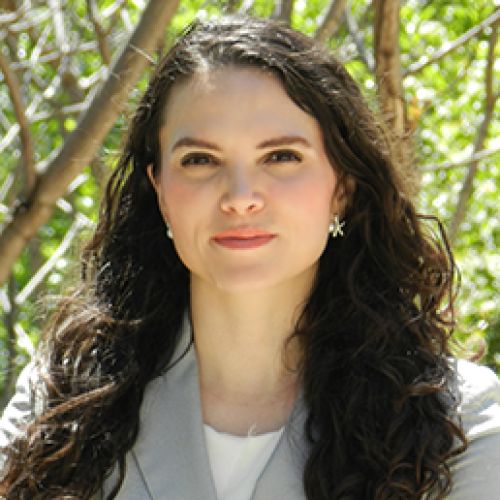
Measuring Religiosity in a Majority Muslim Context: Gender, Religious Salience, and Religious Experience Among Kuwaiti College Students-A Research Note
The meaning of traditional and alternative measures of religiosity in a majority Muslim context is examined using the Islamic Social Attitudes Survey (ISAS). Specifically, this article reports a test of whether traditional religiosity measures are useful in a majority Muslim context. Differences between men and women are explored as well as the extent to which demographics, schools of thought, and religious socialization are significantly correlated to religious salience and religious experience. Results suggest the need to use alternative measures of Islamic religiosity and to take gender difference into account. Islamist political affiliation and religious socialization are positively associated with religious salience and experience for women, while more traditional measures such as mosque attendance and Qur'anic reading are associated with religious salience and experience for men, even after controlling for religious sect. © 2011 The Society for the Scientific Study of Religion.
Duke Scholars
Published In
DOI
EISSN
ISSN
Publication Date
Volume
Issue
Start / End Page
Related Subject Headings
- Religions & Theology
- 5004 Religious studies
- 4410 Sociology
- 2204 Religion and Religious Studies
- 1608 Sociology
Citation

Published In
DOI
EISSN
ISSN
Publication Date
Volume
Issue
Start / End Page
Related Subject Headings
- Religions & Theology
- 5004 Religious studies
- 4410 Sociology
- 2204 Religion and Religious Studies
- 1608 Sociology

